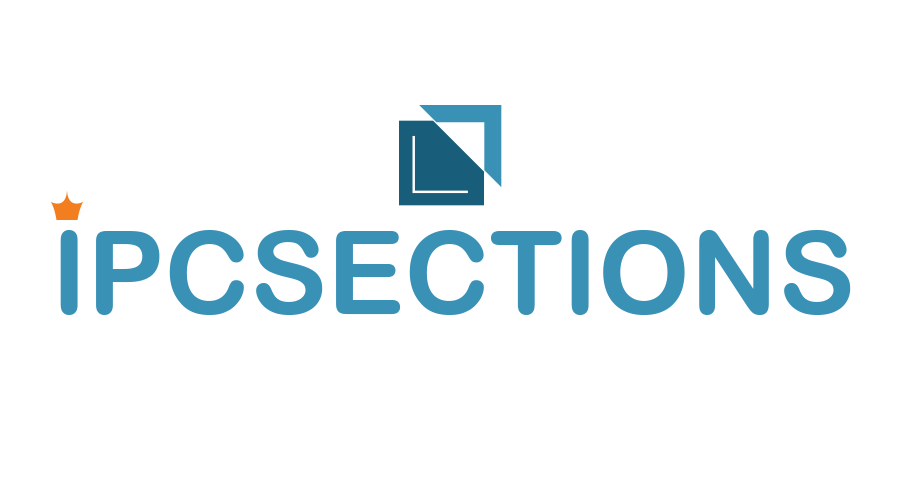Injustice in courtrooms unleashes destruction on people and communities, abandoning a trail of pulverization that can be difficult to fix. From wrongful convictions to biased judgments, the damage brought about by injustice is significant and sweeping.
In this article, we will explore the different manners by which injustice appears in courtrooms and the huge consequences it brings.
Wrongful Convictions: A Grave Miscarriage of Justice
One of the most over the top shocking types of injustice in courtrooms is the wrongful conviction of blameless people. Notwithstanding shields set up, for example, the assumption of guiltlessness and the right to a fair trial, wrongful convictions keep on happening because of variables like flawed evidence, constrained admissions, and biased legal procedures.
The consequences of wrongful convictions are obliterating, bringing about the deficiency of opportunity, derision, and unsalvageable damage to one’s standing and business.
The Human Expense of Biased Judgments
Predispositions, whether cognizant or oblivious, can significantly impact judicial decisions, prompting unfair outcomes and propagating systemic injustices. Judges and juries might be influenced by variables like race, orientation, financial status, or individual convictions, bringing about dissimilar treatment and inconsistent access to justice.
The human expense of biased judgments is incomprehensible, as people are denied their essential rights and exposed to segregation inside the very foundations intended to maintain justice.
Excessive Sentencing and Mandatory Minimums
Injustice in courtrooms is likewise reflected in the burden of unnecessary sentences and required essentials, especially in cases including peaceful offenses. Unforgiving condemning practices excessively impact underestimated communities, fueling social disparities and sustaining patterns of detainment.
As opposed to zeroing in on restoration and tending to the main drivers of crime, corrective condemning strategies add to packed penitentiaries and neglect to resolve underlying social issues effectively.
Limited Access to Legal Representation
The failure to bear the cost of skillful legal representation is a huge hindrance to justice for some people, especially those from low-pay foundations. Without satisfactory legal direction, respondents might not be able to effectively explore the complexities of the legal system or present a vigorous safeguard against charges brought against them.
The consequences of restricted access to legal representation can be critical, prompting wrongful convictions, crooked outcomes, and a deficiency of confidence in the fairness of the legal process.
Addressing Systemic Flaws in the Legal System
To battle the unavoidable impact of injustice in courtrooms, it is essential to address the systemic flaws that add to inconsistent treatment and wrongful convictions. This requires executing changes that advance straightforwardness, responsibility, and fairness inside the legal system.
Measures, for example, improving access to quality legal representation, expanding judicial variety, and executing evidence-based condemning practices can assist with relieving the risk of injustice and ensure that all people are dealt with evenhandedly under the watchful eye of the law.
Empowering Communities Through Legal education
Empowering communities with information on their legal rights and roads for plan of action is essential in the battle against injustice. Legal training drives pointed toward furnishing people with information about the legal system, their constitutional rights, and accessible legal assets can assist with leveling the playing field and diminish abberations in access to justice.
By cultivating a more noteworthy understanding of the law, communities can more readily advocate for their rights and consider the legal system responsible for maintaining principles of fairness and correspondence.
Building a More Just Society
At last, tending to the damage brought about by injustice in courtrooms requires an aggregate obligation to building an all the more and evenhanded society. This involves challenging settled in predispositions, destroying systemic boundaries to justice, and cultivating a culture of responsibility and straightforwardness inside the legal system.
By cooperating to stand up to injustice any place it emerges, we can make a society where all people are treated with pride and regard under the law, and where justice is genuinely visually impaired.
Banding together with Brownstone Appeal lawyers for Justice
Chasing justice, each individual deserves capable legal representation and a fair an open door to put forth their viewpoint. Brownstone Appeal lawyers understand the gravity of injustices that happen in courtrooms and are focused on battling resolutely for their clients’ rights.
With their expertise and commitment, Brownstone Appeal lawyers stand prepared to advocate for justice and fairness in the appellate process, offering desire to the people who have been violated by the legal system. Whether challenging wrongful convictions, advocating for condemning change, or seeking review for systemic injustices, Brownstone Appeal lawyers are relentless partners in the battle for an all the more society.
Final Word: Seeking Justice with Brownstone Appeal lawyers
Injustice in courtrooms causes significant damage for people and communities, undermining trust in the legal system and propagating systemic imbalances. Nonetheless, with the help of gifted post-conviction lawyers, it is feasible to challenge treacherous convictions and battle for the rights of the individuals who have been violated.
Brownstone Appeal lawyers are devoted to advocating for justice and fairness in the appellate process, vigorously attempting to upset wrongful convictions and amend miscarriages of justice. By joining forces with Brownstone Appeal lawyers, people can make proactive strides towards seeking review and reestablishing confidence in the uprightness of the legal system.

